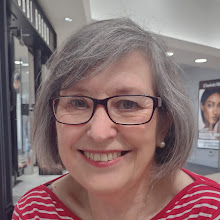The NATO phonetic alphabet, more correctly called the International Radiotelephony Spelling Alphabet, in use today, was finally adopted in 1956 after quite a lot of modifications.
But before that there were various systems in use.
During WW1 the British Army signallers, sending messages by wireless telegraphy, in the throes of trench warfare, had problems. If you spelled out a word, but transmission was not clear, and the beginning of the letter was unclear, it was easy to go wrong. Did he say A, J, or K? Was that E, B, C, D, G, P, T or V? You get the idea. The Ack, Beer, Charlie Signallers alphabet was developed [it did have minor changes over the years]
In Belgium in WW1, a Chaplain, Rev Tubby Clayton, set up a club for the soldiers. They met in Talbot House. This got abbreviated to Toc H - a support charity still in existence today. I remember hearing men who were around in my childhood say things like "See you at 9 Ack Emma, then" when referring to the time.
All these systems use familiar words to communicate important messages. Seems like a good idea to me. Are you Oscar Kilo [Oranges King] with that?





Years ago when I worked in the branch of a bank I did buying and selling of shares and wire transfers and we had to use the Nato phonetic alphabet - I was always a bit self- conscious as customers could hear me and always looked at me a bit oddly when they heard "Tango - Whiskey" call letters! :-)
ReplyDeleteI enjoyed this post! It's funny that I have been talking about communication with my year 2's and I think it might be good to teach them the phonetic alphabet!x
ReplyDelete